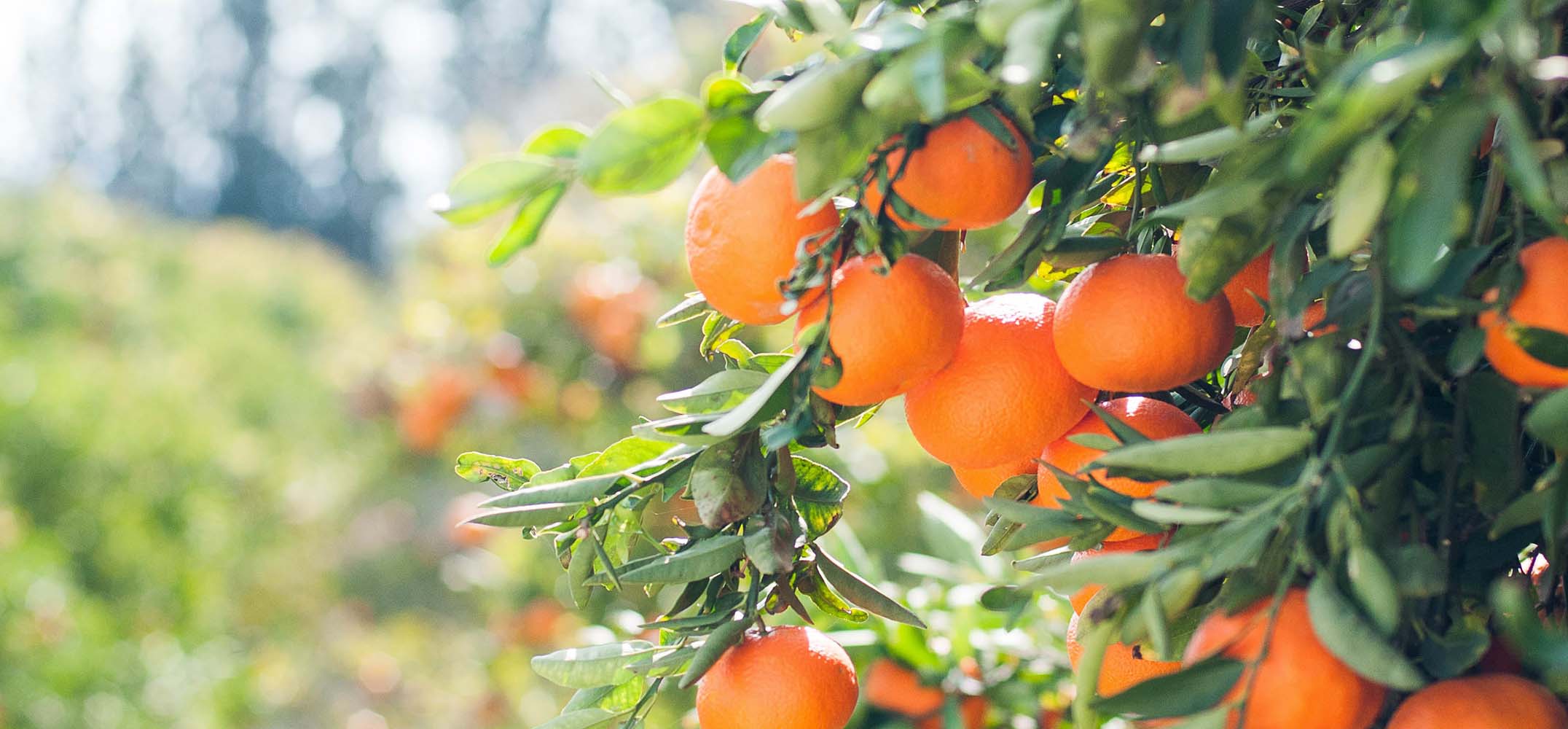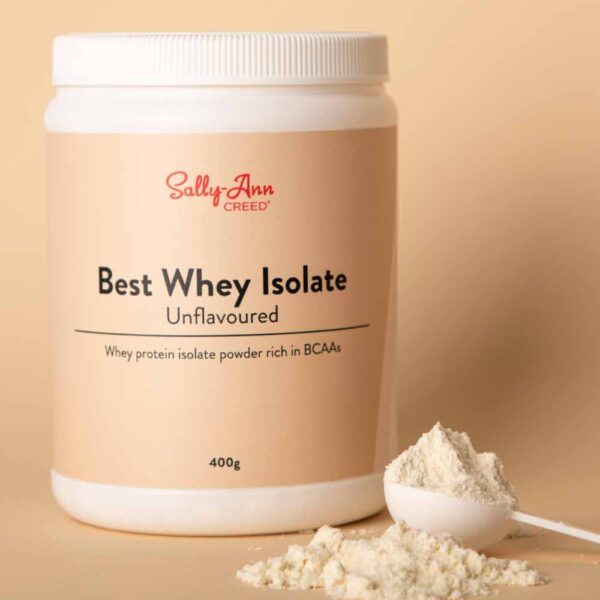Candida albicans is a yeast/fungus that is found in all of our digestive systems. When kept in balance with our good bacteria, Candida doesn’t cause any problems. But Candida is “opportunistic” – which means, given the opportunity, it can, and will, grow out of control. When we have an overabundance of this yeast in our bodies we can develop issues. There are many strains, with Candida albicans being the most common.
What causes Candida to grow out of control? It can start with just one course of antibiotics. Antibiotics wipe out bacteria both the good and bad. When our good bacteria levels are down, this can set up the perfect environment for Candida to take over. That is why it is absolutely essential to rebuild your good bacteria after a course of antibiotics. If you have had multiple courses of antibiotics, without replenishing with a high quality probiotic – the likelihood of you having a Candida overgrowth is quite high.
Other things that contribute to Candida overgrowth include:
• A high sugar diet: in order to survive, yeasts need sugar. So high sugar diets feed yeasts. That is why many people find relief from many issues from ketogenic diets (higher fat, low carb) – they literally starve the yeasts.
• Antibiotics – in addition to taking antibiotics for infections, we are exposed to antibiotics in our food supply – when we eat animal products that have been treated with antibiotics, it could be affecting our gut bacteria balance.
• GMOs/Pesticides – did you know that Roundup (the top pesticide used on our food and environment) was patented as an antibiotic before it found it’s purpose as a pesticide? So when we eat foods treated with Roundup – it could be affecting our bacteria balance. The top foods treated with Roundup are soy, corn, and wheat – see a pattern here? These are some of the top foods people are reacting to.
• Medications – many medications can impact our gut bacterial balance including birth control pills, NSAIDs, and many others.
COULD YOU HAVE CANDIDA?
• Digestive issues – such as bloating, “beer belly”, constipation and/or diarrhoea
• Toenail fungus
• White coating on tongue
• Hormone imbalances
• Autoimmune conditions
• Skin issues/rashes
• Food intolerances
• Recurring urinary tract and yeast infections
• Chemical sensitivities, allergies
• Depression, anxiety, mood swings
• Brain fog, forgetfulness
• Headaches, migraines
• Stubborn weight gain
• Fatigue
• Frequent infections
• Alcohol intolerance (get drunk easily, poor recovery) – Candida releases a toxin called acetylaldehyde, which is the same chemical that makes us drunk from alcohol. So those with Candida overgrowth may already be “pre-drunk” from the Candida.
• Sugar cravings (yeast needs sugar to survive, so you crave it)
WHAT TO DO ABOUT IT IN A NUTSHELL
Follow a very clean-eating diet where you remove all the sugary, carbohydrate-rich foods for a month, eating vegetables, protein and fat – the yeast cannot survive on these. Anything remotely sugary like fruit, sugars, honey etc must be removed. You can use a good Candida-killing supplement programme too – and together this will sort it out.
Here are our recommendations:
1. Eat fresh veggies, animal protein and healthy fats ONLY for a month – no rubbish
2. No dairy – make your own almond milk (NEVER buy it, the bought ones are all full of other nasties
3. No grains or seed oils – stick with the healthy fats like butter, olive oil, lard etc
4. Take Olive Leaf and MaxiProbiotic daily
5. Use Pure Hydrolysed Collagen daily too – as if you have Candida you will have leaky gut as well, and this is a marvellous way to very quickly heal leaky gut
6. You can use Keto Sweet – the new sweetener sweeping South Africa which has no carbs, no calories, no sugar – but tastes exactly like sugar
7. Try to have a relaxing time during the month while dealing with this.
You’ll find these products above in our online store here







